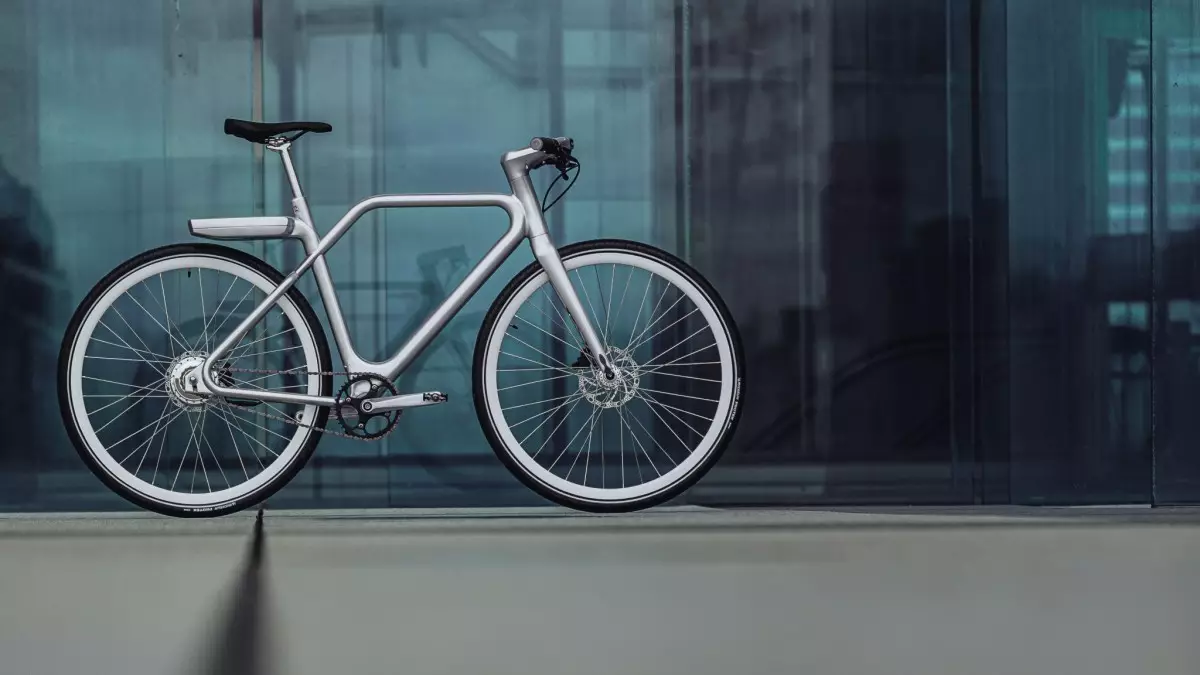Angell, a French electric bike startup, entered the bustling market of smart bicycles in 2019, under the guidance of its co-founder and CEO, Marc Simoncini. The company aimed to revolutionize urban transportation with an innovative product that packed advanced features into a sleek design. From the get-go, Angell offered a unique selling proposition: a compact electric bike integrated with a small color touchscreen for essential data display, turn-by-turn navigation, and seamless Bluetooth connectivity to smartphones. This ambitious vision positioned Angell squarely among formidable competitors such as Cowboy and VanMoof, signaling its entrance into the elite tier of smart bike manufacturing.
Though initial prospects looked bright, the reality of Angell’s journey proved far more challenging. In a recent communication to its customers, the company declared its intention to declare insolvency, attributing this decision partly to a significant “hardware problem” that led to severe reliability concerns. Simoncini’s candid announcements on social media signaled the gravity of the situation. “It’s over for Angell,” he lamented, expressing sorrow for the dedicated team whose efforts attempted to navigate the tumultuous waters of the bike industry. As Angell faced growing criticisms over its product quality, the brightest innovation could not overshadow an increasingly worrisome reputation.
Critical insights surfaced regarding the manufacturing and design processes that Angell employed. Rather than building their bikes in-house, they relied on partnerships with established industrial players like SEB—a company known for household appliances—and design firms such as Kickmaker. Unfortunately, this outsourcing strategy backfired spectacularly as design flaws emerged, particularly concerning the integrity of the bike’s frame. The email to customers laid bare the shortfall: “the fragility of the bike’s frame represents a risk of breakage,” leading to safety concerns that weighed heavily on the company’s future.
In efforts to salvage their image, Angell sought to redirect some of the blame for these flaws onto their partners. However, the reality remains that as the vendor, Angell was ultimately responsible for the ill-fated products. This predicament strategically undermined consumer trust and loyalty, leading to a potential backlash against the company’s practices and the franchise opportunities it touted.
As Angell moves closer to insolvency, the implications for customers have been dire. The fate of approximately 7,000 bikes hung in the balance, forcing the company to confront the possibility of either a costly recall or issuing refunds to disgruntled customers. Each option posed considerable financial strain on the already beleaguered startup, and the decision to proceed with judicial liquidation was not made lightly.
This turmoil not only affects current owners of first-generation Angell bikes—who are left navigating the streets on unsafe bicycles—but it also threatens the ongoing functionality of any recent purchases. Rumors suggest that Angell may cease operations of its servers, which are critical for electric assistance and smart lock functionalities, thus further disenfranchising loyal customers eager to rely on modern conveniences.
The Angell saga serves as a cautionary tale for entrepreneurs looking to carve a niche in highly competitive industries. While the allure of innovation and cutting-edge technology is undeniable, foundational elements such as robust manufacturing partnerships and quality assurance should not be overlooked. Ultimately, the downfall of Angell stands as a testament to the necessity of balancing vision with practical execution—an invaluable lesson for budding startups aspiring to transform their respective sectors. As the electric vehicle landscape continues to evolve, the need to address quality and safety will remain paramount, reminding future innovators that dreaming big must be rooted in realism.

